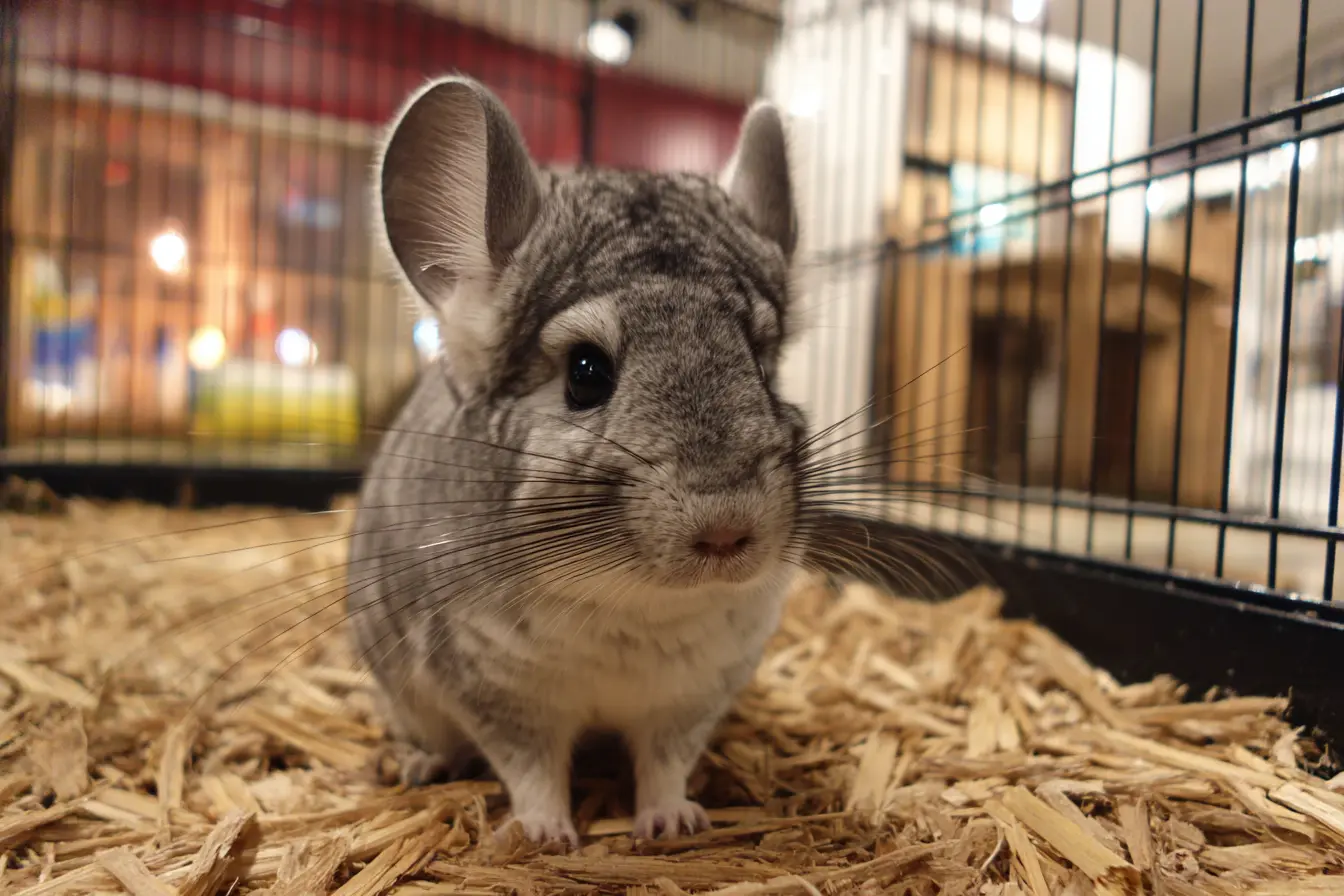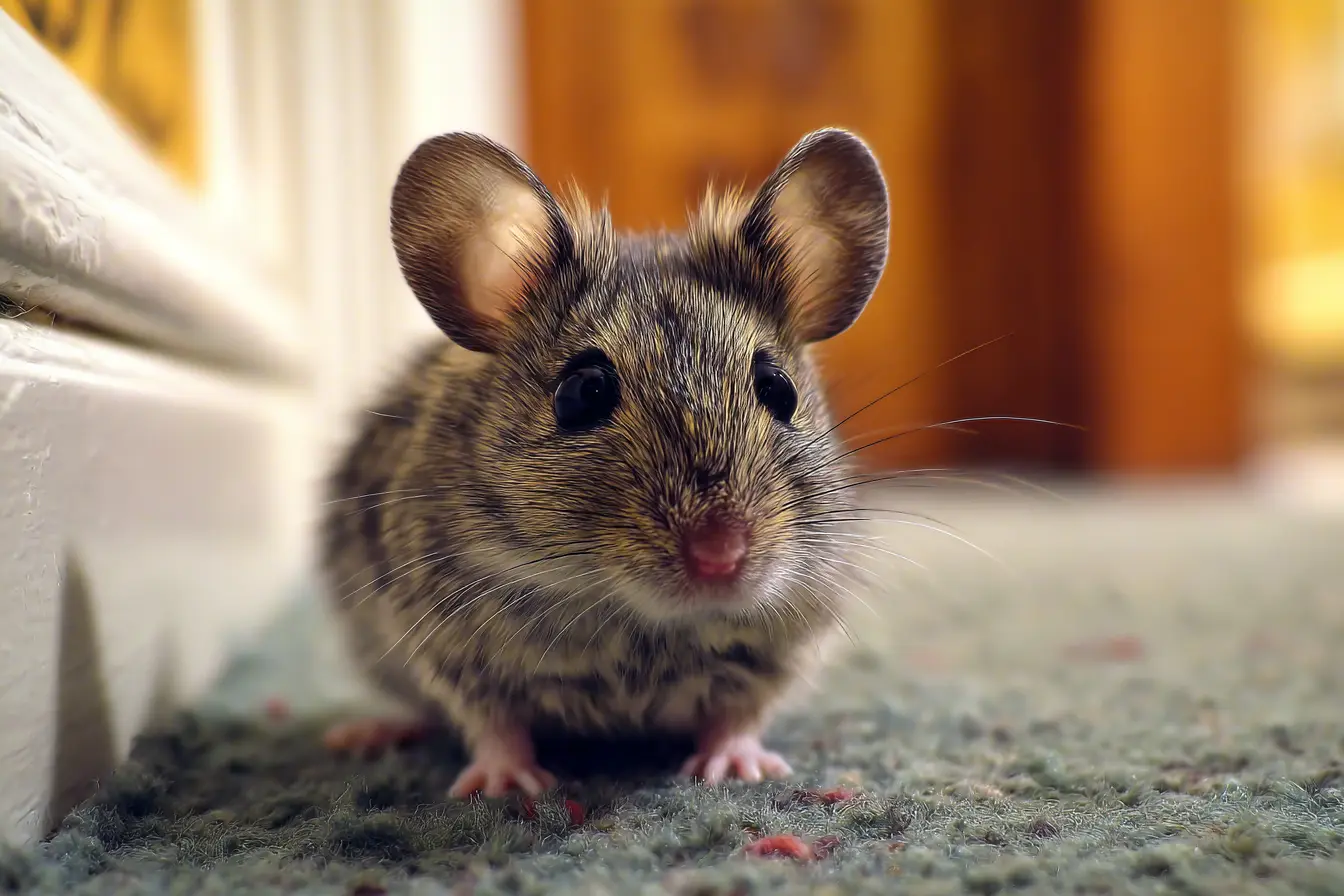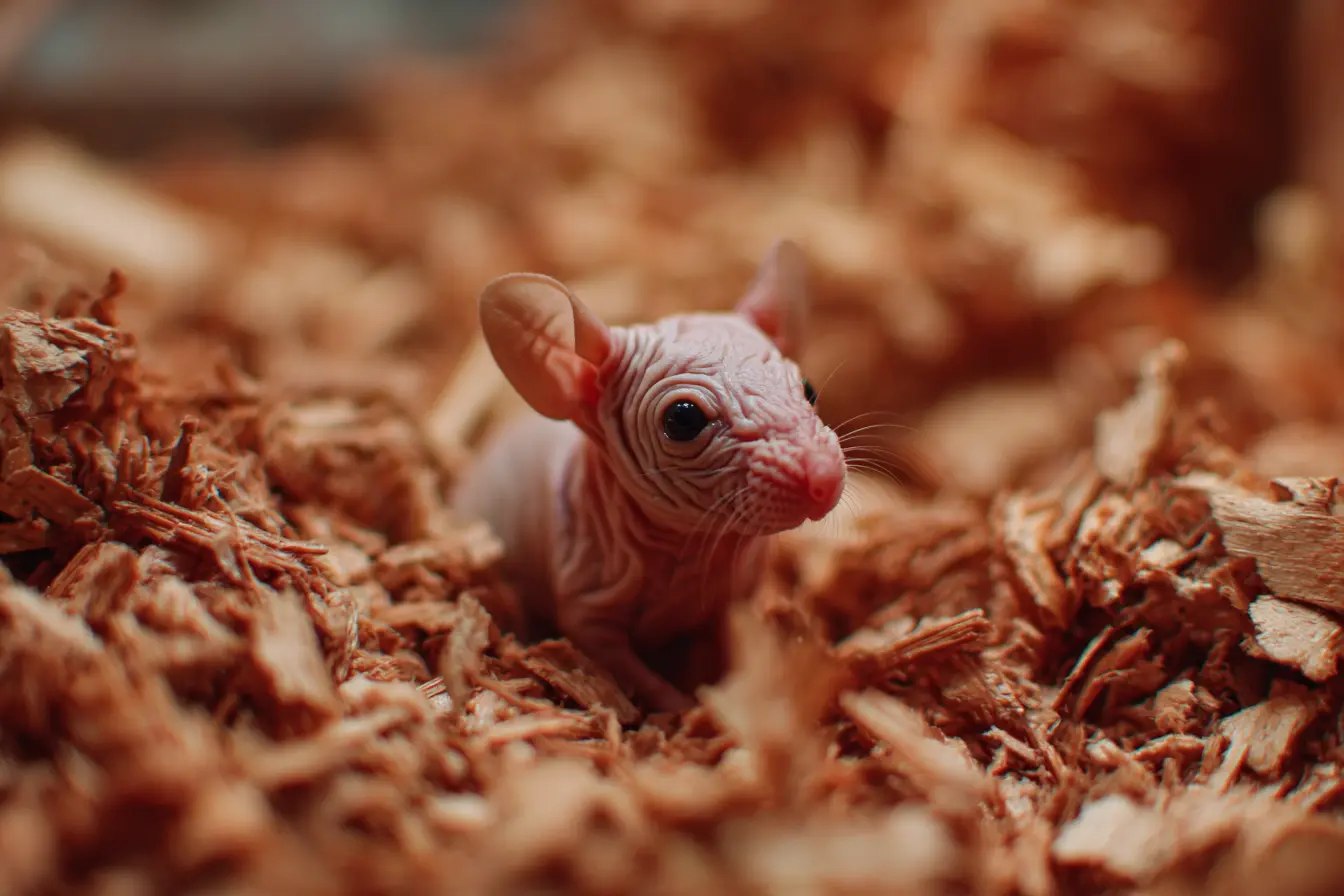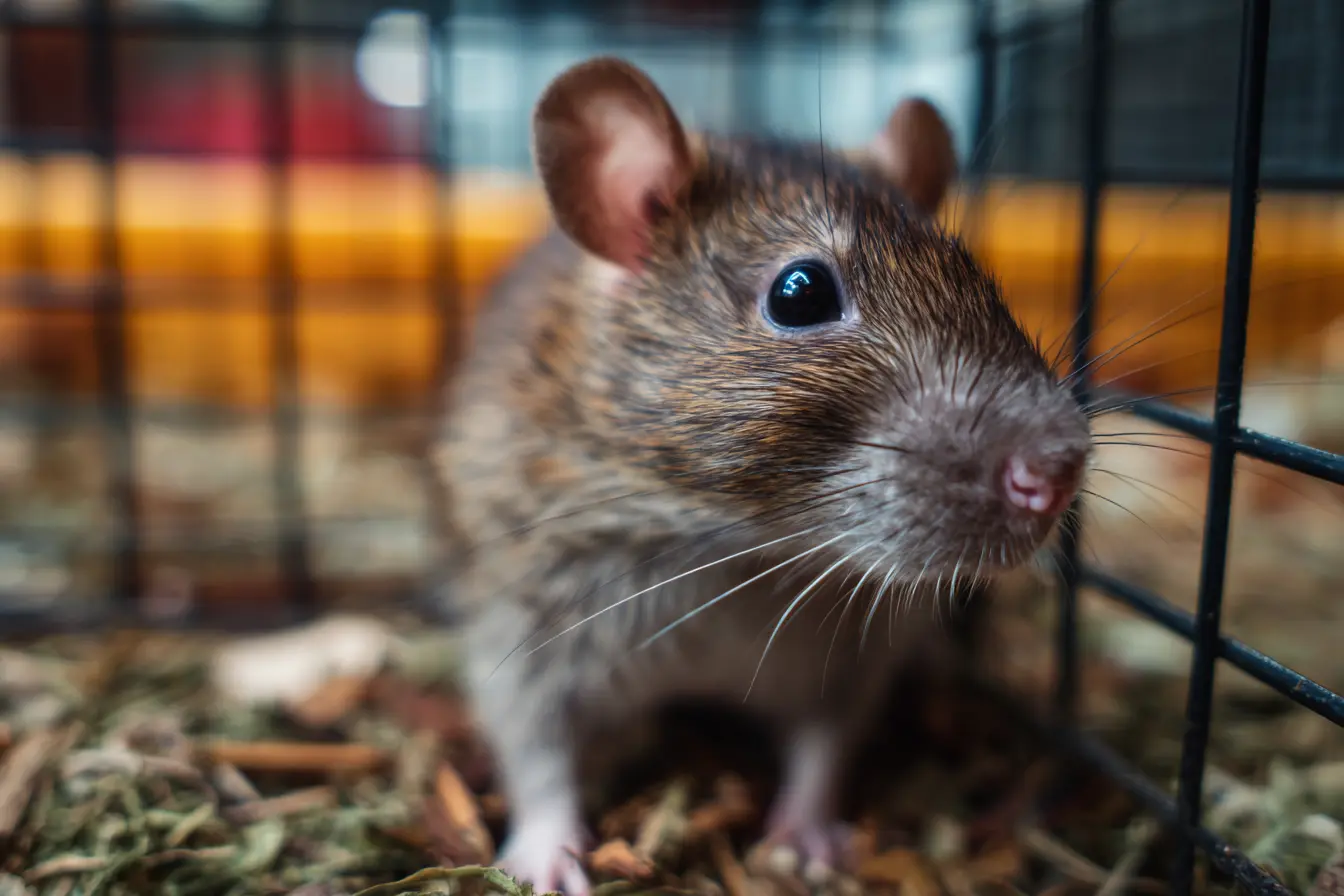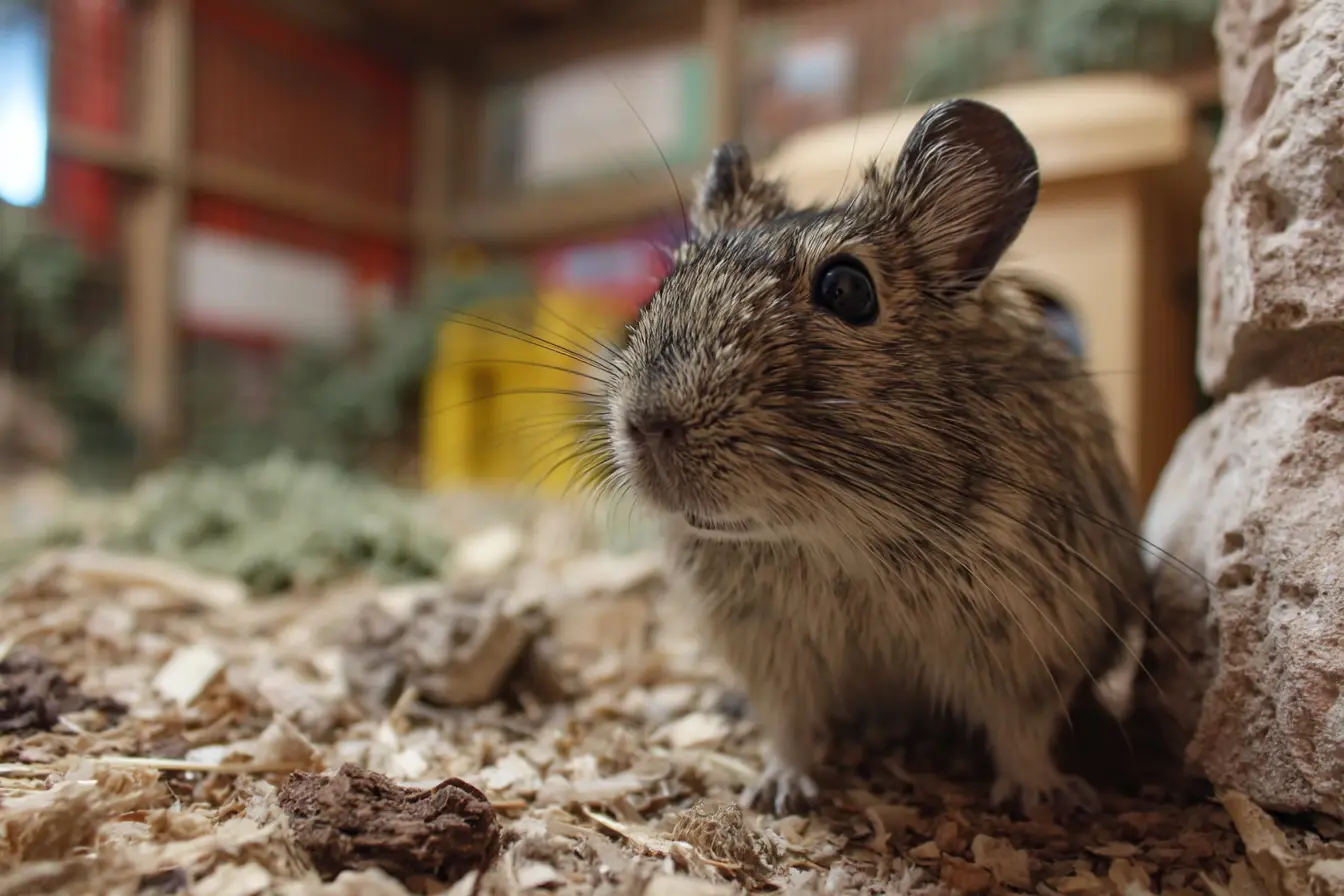
Choosing the Right Cage for a Pet Degu
Degus are active, social, and intelligent rodents that require a carefully designed environment to thrive in captivity. Providing the right cage is essential not only for their physical health but also for their mental stimulation and emotional wellbeing. This guide covers everything you need to know when selecting and setting up a cage for pet degus.
Understanding a Degu’s Needs
Degus are highly energetic and inquisitive. They love to run, climb, chew, and explore. In the wild, they live in burrows and spend much of their time foraging and interacting with their group. These natural behaviours must be accommodated in captivity, and the cage you choose should reflect that.
Size and Space Requirements
Degus need far more space than many people expect. A suitable cage should offer generous floor area and vertical space. As a minimum, aim for a cage that provides at least 100 cm in length, 50 cm in depth, and 100 cm in height. Multi-level cages are particularly beneficial, as they allow degus to climb and make better use of the vertical space.
However, more space is always better, especially for a pair or group. Degus are social animals and must be kept in at least pairs, which increases the demand for room to move and play.
Bar Spacing and Security
Degus are expert climbers and chewers. Wire bar spacing should be no more than 1.5 cm to prevent escapes or injury. Bar thickness matters too, as degus can chew through thin or weak wire over time. The cage must be escape-proof, as they are incredibly curious and quick.
Doors should have secure latches and be large enough to allow easy access for cleaning and handling.
Cage Material and Durability
Degus have strong teeth and an instinctive need to gnaw. Cages with plastic components are unsuitable, as degus can and will chew through them, creating escape routes and ingesting dangerous materials. Instead, look for cages made entirely from metal, with solid metal trays or glass bases.
Avoid wood interiors unless they are untreated and easy to replace. Wood is readily gnawed and can harbour urine odours if not properly sealed.
Levels and Climbing Opportunities
Degus love climbing and benefit greatly from multi-level cages. These levels should be made from metal or hardwood and must be securely fastened to avoid collapse. Ramps should have good grip or be covered in safe material like sisal to prevent slipping.
Ensure levels are spaced appropriately to prevent long falls. Degus can injure themselves from high drops, so place hammocks or soft bedding strategically to soften any potential fall zones.
Substrate and Flooring
The base of the cage should allow for a good layer of substrate for digging and burrowing. Dust-extracted wood shavings, paper bedding, or hemp are all suitable. Provide at least 10 to 15 cm of substrate in one section of the cage to encourage natural behaviour.
Avoid wire mesh flooring, which can injure a degu’s feet and cause bumblefoot. If the cage has a mesh base, cover it with solid platforms or removable metal trays filled with substrate.
Enrichment and Accessories
Degus need a stimulating environment to stay happy and healthy. A bare cage will quickly lead to boredom, stress, and destructive behaviour. Equip the cage with:
- Exercise wheel: Solid-surface wheel with a minimum diameter of 28 cm to protect their backs
- Hides and nests: Wooden boxes or tunnels where they can sleep and feel secure
- Climbing structures: Branches, ladders, and ropes to encourage movement
- Chew toys: Safe wooden toys or pumice stones to maintain dental health
- Sand bath: Essential for coat care; offer several times a week in a shallow dish
Rotate accessories regularly to keep the environment interesting.
Ventilation and Lighting
Degus are sensitive to poor air quality. Wire cages offer excellent ventilation and are preferred over tanks or enclosed units. However, avoid placing the cage in draughty areas or direct sunlight.
Natural light is important for regulating their circadian rhythms. Position the cage near a window but not where it gets too hot or bright. Avoid artificial lighting at night to let your degus rest properly.
Temperature and Placement
Degus are prone to heatstroke and should be kept in a cool room, ideally between 18–22°C. Never place the cage near radiators, direct sunlight, or heating vents.
The cage should be in a quiet, calm location where the degus can interact with the family but are not constantly disturbed. Avoid kitchens, bathrooms, and places with fluctuating humidity or temperature.
Cleaning and Maintenance
Choose a cage that is easy to clean. Pull-out trays or wide doors help make weekly cleans less stressful. Spot-clean daily, especially around toilet areas and feeding spots.
Use pet-safe disinfectants, and ensure everything is thoroughly dry before returning your pets.
Summary
Choosing the right cage for a degu means balancing space, security, durability, and enrichment. Degus are complex animals that need much more than just food and water — they need an environment that reflects their intelligence and natural instincts.
Prioritise cages with ample room, multiple levels, chew-proof materials, and plenty of opportunities for exercise and mental stimulation. A well-planned habitat will result in happier, healthier degus and a more rewarding experience for you as an owner.
Contents
Tags
Vets near you
Speciality vets
- Aquatics vet specialists
- Birds vet specialists
- Camelids vet specialists
- Cats vet specialists
- Cattle vet specialists
- Deer vet specialists
- Dogs vet specialists
- Equines vet specialists
- Exotic vet specialists
- Goats vet specialists
- Pigs vet specialists
- Poultry vet specialists
- Sheep vet specialists
- Small Mammals vet specialists
- Wild vet specialists
Vet facilities
- Accessible by public transport
- Blood testing
- Car park nearby
- Client car park
- Dentistry
- Diagnostic imaging
- Disabled public access
- Flea and worm treatments
- Microchipping
- Mobile services
- Neutering
- Open at weekends
- Out-of-hours service
- Referral interests
- Referrals only
- Street parking outside
- Toilets available
- Vaccinations
